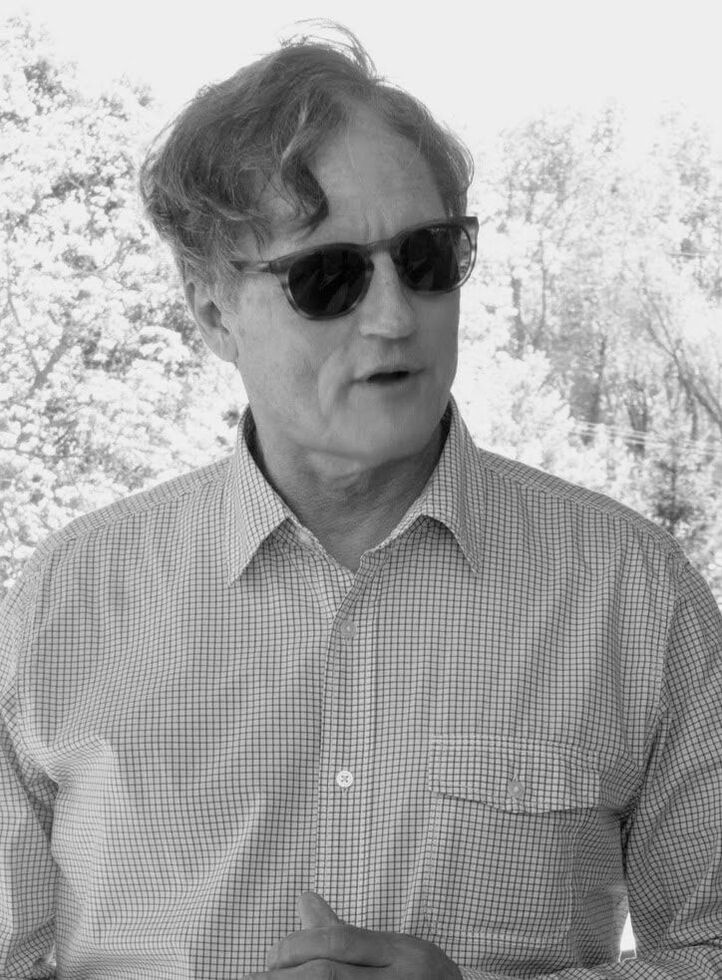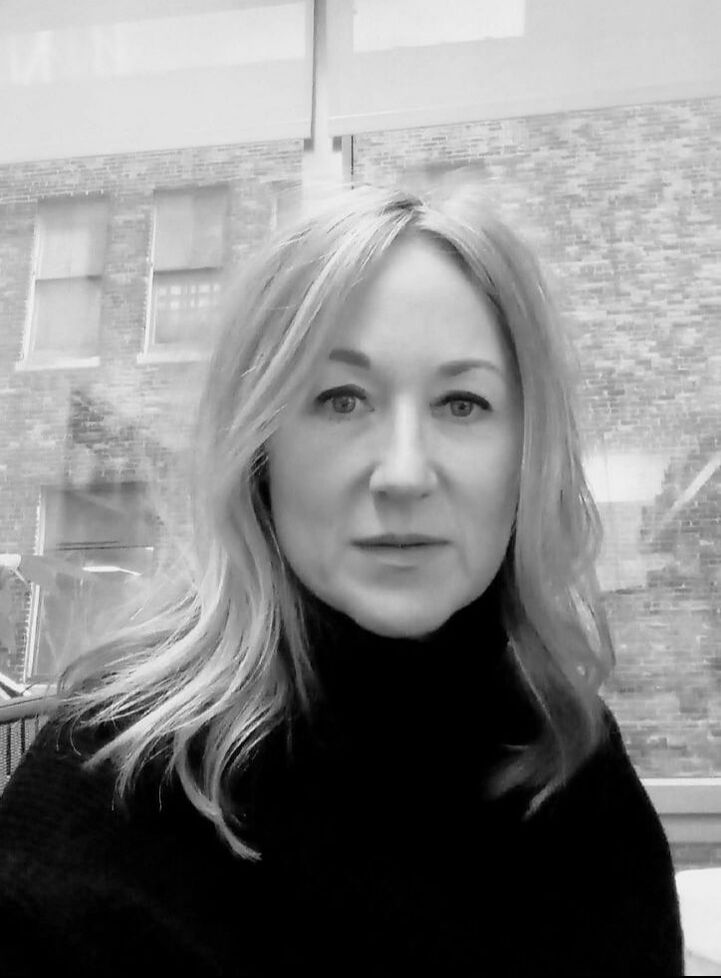|
about us
|
the problemWe believe that, particularly now, as we found this annual anthology, America has lost its cool. Accusation, envy, deception, and snarky exchanges have not only coarsened American discourse, they've caused the coolest people to fear, to seek cover from the fray, to play it safe by not writing and submitting short stories, or at best by typing up mere manuscripts that don't allow their storytelling instincts to sing.
The result, we've found, is that published short stories of late have felt--to us at least--like academic exercises and preachings to choirs more than they've felt like those startling oral tales your wisest, funniest aunt might share with you, or those nearly incredible anecdotes your life-of-the-party friend told as everyone within earshot went silent and felt their hearts beat harder. |
our goalRemember that twisty-turny story you once read that removed you from this world completely, that actually caused you to think Wow, or maybe even led you to say out loud, "That was a cool story"? We do. And we miss stories like that. And we want to encourage people of all ages (yes, we think teenagers and octogenarians can write cool stories) and social classes (yes, we think privilege and education can cause storytelling to become stilted) to write the kinds of stories they want to read.
We want America to be cool again. And we believe that the most earnest, unafraid, engaging storytelling--if it could be published and read and therefore given a chance--could make empathy and kindness fashionable again and thereby bring American coolness about. Hence our annual anthology. |
|
how we are different
1. We're different from anthologies such as Best American Short Stories and Pushcart (both of which we greatly admire) because we don't require our stories to be published in literary magazines before they come our way. Considering the rather conservative bent of the more prestigious literary magazines, we hope this open-door policy of ours will enable us to consider excellent work that might have been overlooked otherwise.
2. We will not accept (and therefore are not beholden to!) university funding, or donations from members of the privileged class, or grants from organizations or corporations. We fund ourselves, which allows us to be courageous in publishing stories we believe readers, rather than benefactors, will enjoy. 3. Unlike short story venues that not only accept but also encourage donations from writers submitting to them, we don't accept donations of any sort. In other words, no writer can or will buy their way into our pages. 4. We abhor the "I'll accept yours if you accept mine" horse-trading that results in the publishing of mediocre stories. We hereby pledge never to engage in anything of the sort. 5. We strive to be writer-friendly. Toward this end, we encourage simultaneous submissions, multiple submissions, recently published work (reprints) as well as work that has been rejected hundreds of times. In fact, we suspect that it's among the latter that some of the coolest American stories hide. We also pledge to respond to writers asap, particularly with rejections--so that writers can proceed toward writing their next story. If we're "holding" your ms to see if it'll make the cut, we'll let you know and try to work with you regarding this. We believe that if everyone in publishing treats each other with respect, the products of publishing might be more satisfying for readers. 6. We are certainly open to working with upstart writers without MFAs, as well as veterans of publishing who've been so influenced over the years by academia and literary publishing they fear they've lost their cool and want to get it back. We serve our stories, sometimes with thorough editing, because, as we see things, a story's quality and appeal is more important than the egos of its publishers, its editors, and its author. |
us
mark wish
|
elizabeth coffey
|
ray
|



